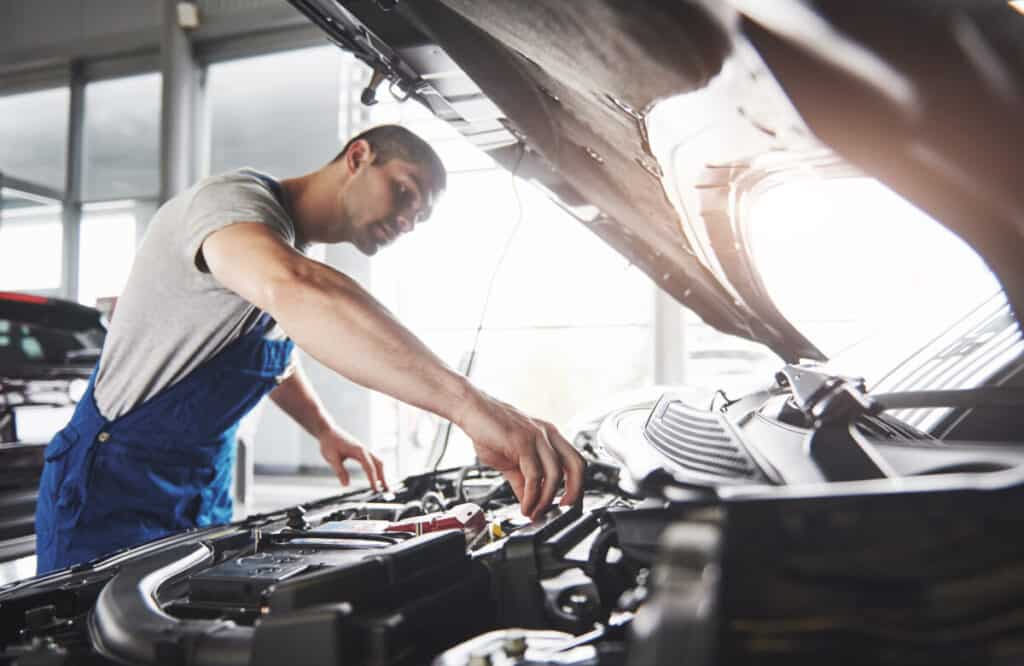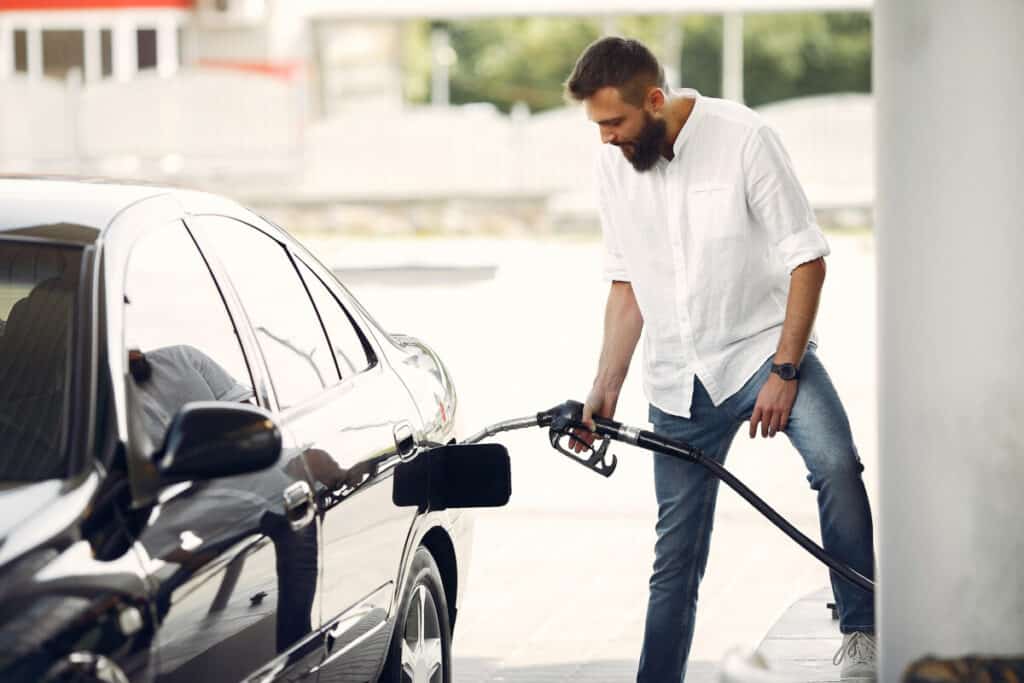Can BMW X1 Run On Regular Gas: Weighing the options
Most luxury vehicles require a higher quality of fuel. However, if you own a BMW X1, you may wonder if it will run on regular gas.
BMW recommends that X1 owners use fuel with an anti-knock index (also known as the octane rating) of 91. In other words, this vehicle functions best when fueled with premium gasoline. The minimum fuel octane rating a BMW X1 can use is 89. BMW recommends drivers purchase BP fuel for their X1.
If you want your BMW X1 to perform optimally, you should use premium fuel; however, the vehicle will still run on regular gasoline. This post will discuss the recommended fuel type and the effects of using regular gas in a BMW X1. Let’s get started.
The BMW X1 Recommended Fuel Type
BMW gives specific recommendations for the type of fuel that drivers should put in the X1. For the engine to operate correctly, BMW drivers should use a fuel with an anti-knock index (AKI), also known as the octane rating, of no less than 91. The U.S. Energy Information Administration explains that the only fuel with a 91 octane rating is premium fuel.
Premium fuel is the most expensive fuel you can put in your X1. If you want to save a bit of money, you may try using fuel with a lower anti-knock index. The minimum AKI fuel that BMW recommends for the X1 is 89. The U.S. Energy Information Administration lists this rating as mid-grade fuel.
In other words, BMW does not recommend that X1 drivers use regular fuel.
BMW makes other suggestions besides octane rating for the fuel used in a BMW X1.
First and foremost, the BMW X1 should only use lead-free fuel. Additionally, drivers should never fill their BMW X1 tank with fuel that contains metal. This includes fuel enhancers that contain manganese, such as MMT. If the fuel contains any metal, it could damage the catalytic converter. Because the catalytic converter is responsible for much of a vehicle’s emission control if it gets damaged, the X1 may no longer meet the emissions tests in some states.
BMW also cautions X1 owners to steer clear of fuel that contains sulfur. If necessary, they should only use fuel with minimal amounts of sulfur.
Those looking for a more environmentally friendly fuel option may choose to put gasohol (an ethanol, gas mixture) in their BMW X1. However, BMW discourages the use of fuel that contains more than 10 percent ethanol.
The final advice BMW gives to X1 owners is to purchase their fuel from BP or Top Tier. BP is BMW’s most recommended fuel brand. Using lesser quality fuels could result in engine deposits. As deposits build up, it could damage the engine.
If you live in the western half of the United States (anything west of the Nebraska, Iowa border), you won’t find a BP fuel station near you. However, you may find a Conoco or Exxon that sells Top Tier fuel.
All in all, BMW X1 owners should expect to put high-quality premium fuel into their vehicles. Over time this can get quite costly. In the long run, it may be more cost-effective to use premium fuel in the first place.
Though not related to fuel type, BMW still warns their customers to be careful when fueling up because spilled fuel could erode at their vehicles’ paint.
The Effects of Using Regular Fuel in a BMW X1

While the engine works best with higher octane fuels, it will still run on regular. However, the vehicle will react to the lower-quality fuel.
These lower-quality fuels could produce engine deposits that damage it over time. Another problem you’ll experience using regular fuel in a BMW X1 is engine knocking. Engine knocking refers to the sound produced by the preignition of fuel and air. This results when an engine is designed for use with a higher octane rating. Occasional knocking is not a serious problem; however, if the knocking gets worse, you will find yourself with some costly repairs.
That said, the BMW X1’s engine is knock-controlled. In other words, when the engine detects knocking, it will make adjustments to suppress it. This system should decrease the amount of damage caused by engine knocking.
BMW X1 drivers should keep in mind that even when using mid-grade fuel (89 AKI), they may experience knocking. In other words, using regular fuel will likely cause too much knocking for the engine to control. Avoid using this fuel to keep your BMW X1 running smoothly.
Be aware that knocking doesn’t just damage the engine, but it burns excess fuel. If the engine isn’t using fuel efficiently, you’ll need to refuel more often.
If you notice a negative impact on your gas mileage or overall engine performance after using less than premium fuel, switch back to the higher-quality gasoline. BMW does explain that you can switch between regular and premium fuel to help save money while still helping the engine run properly.
The BMW X1 Gas Mileage

When the BMW X1 is filled with the right type of fuel, it will achieve maximum fuel efficiency. This is especially important due to rising gas prices. If you’re looking for an extremely fuel-efficient BMW, consider the following.
BMW sells the 2022 X1 with two different trim packages. The exact gas mileage your X1 gets depends on the trim package.
The 2022 BMW X1 sDrive28i gets 24 miles per gallon when driving in the city. Meanwhile, this rear-wheel-drive option gets 33 miles to the gallon on the highway.
The 2022 BMW X1 xDrive28i is less fuel-efficient than the previous model. This likely results because the xDrive28i is an all-wheel-drive vehicle. Although less fuel-efficient, there is little difference between the two vehicle’s fuel efficiencies.
The 2022 BMW X1 xDrive28i gets 23 miles per gallon in the city and 31 miles per gallon when driving on the highway.
Both the sDrive28i and the xDrive28i have a 16.6-gallon fuel tank. With a fuel tank this size, drivers could travel between 515 and 548 miles on the highway before they needed to refuel.
